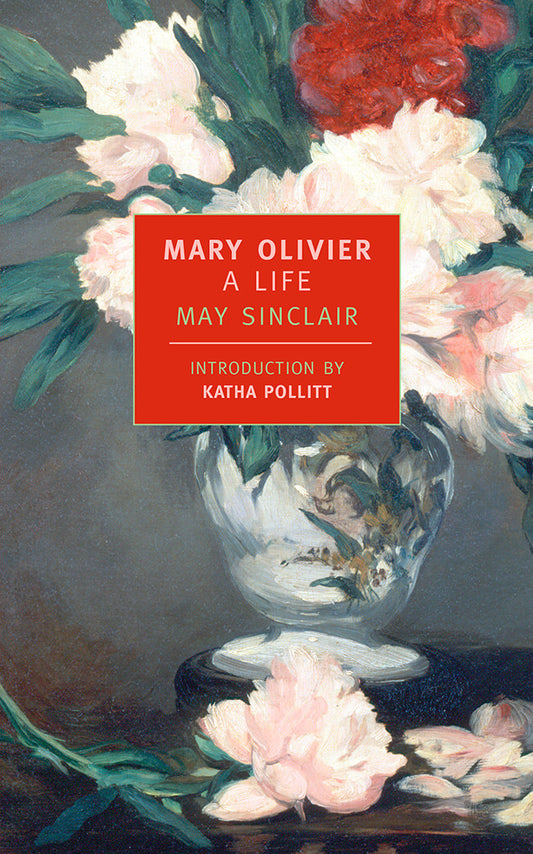Collection:
May Sinclair
May Sinclair (1863-1946) was the daughter of a rigidly dogmatic Christian woman and a failed shipowner who took to the bottle. She attended Cheltenham Ladies’ College, where she began a lifelong study of philosophy, finding in the works of Plato, Spinoza, and Kant a refuge from the religion in which she had been raised. In 1904 her novel The Divine Fire was a best seller in America, and helped to make her reputation in England, where she became known not only for her own vividly imagistic and psychologically complex fiction but also for championing a range of challenging new writers. She presented Ezra Pound to Ford Madox Ford, encouraged the work of Charlotte Mew, protested the banning of D.H. Lawrence’s The Rainbow, wrote an early appreciation of T.S. Eliot’s Prufrock and Other Observations, and—in a review of Dorothy Richardson’s Pilgrimage—introduced the term “stream of consciousness” into critical parlance. A member of the Women Writers Suffrage League, the Aristotelian Society, and the first group to practice Freudian analysis in England, May Sinclair was the author of poems, stories, essays, two works of philosophy, and twenty-four novels, of which Mary Olivier: A Life was her favorite.





